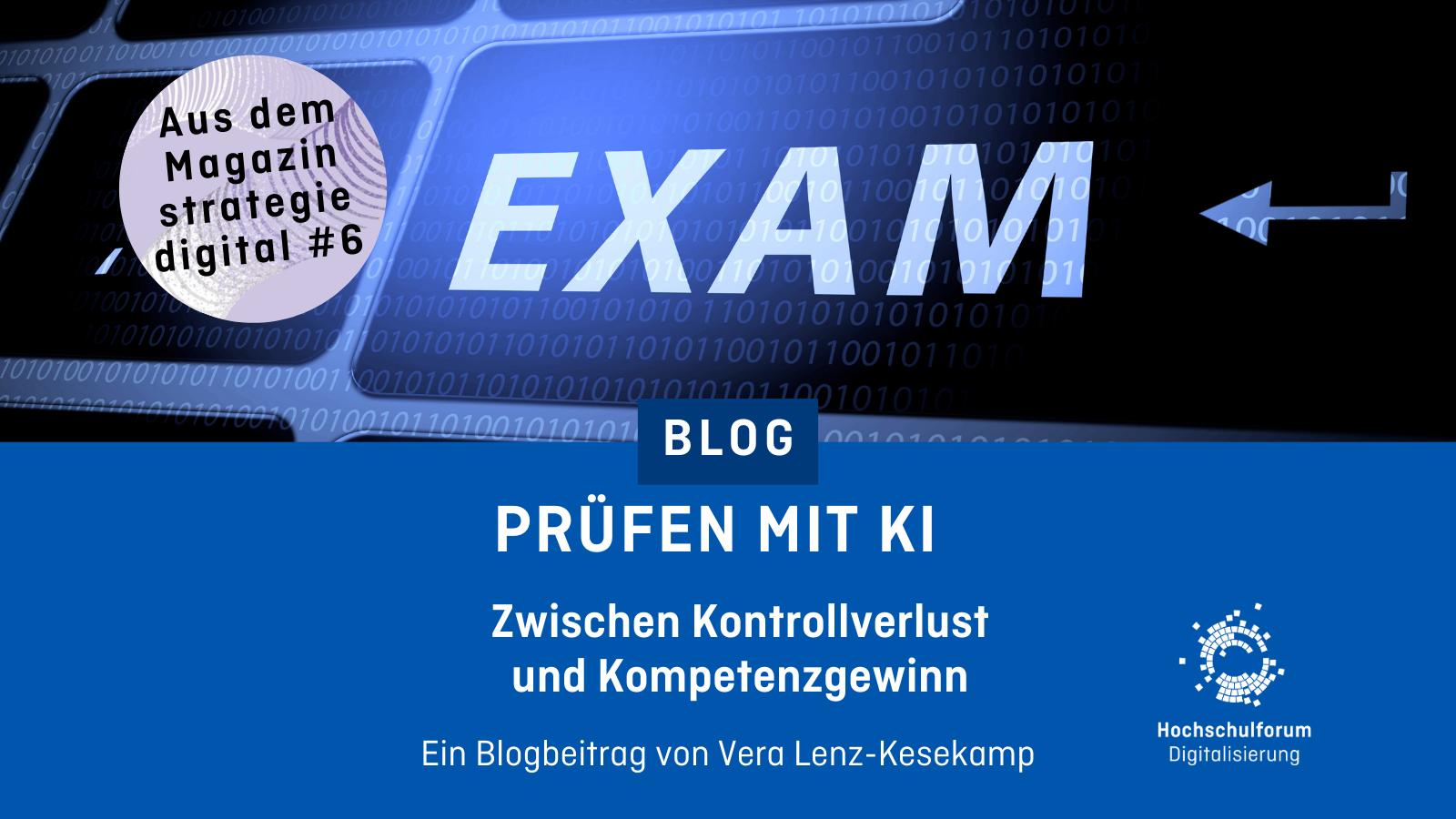Preparing psychosocial inclusivity in courses
Preparing psychosocial inclusivity in courses
05.09.24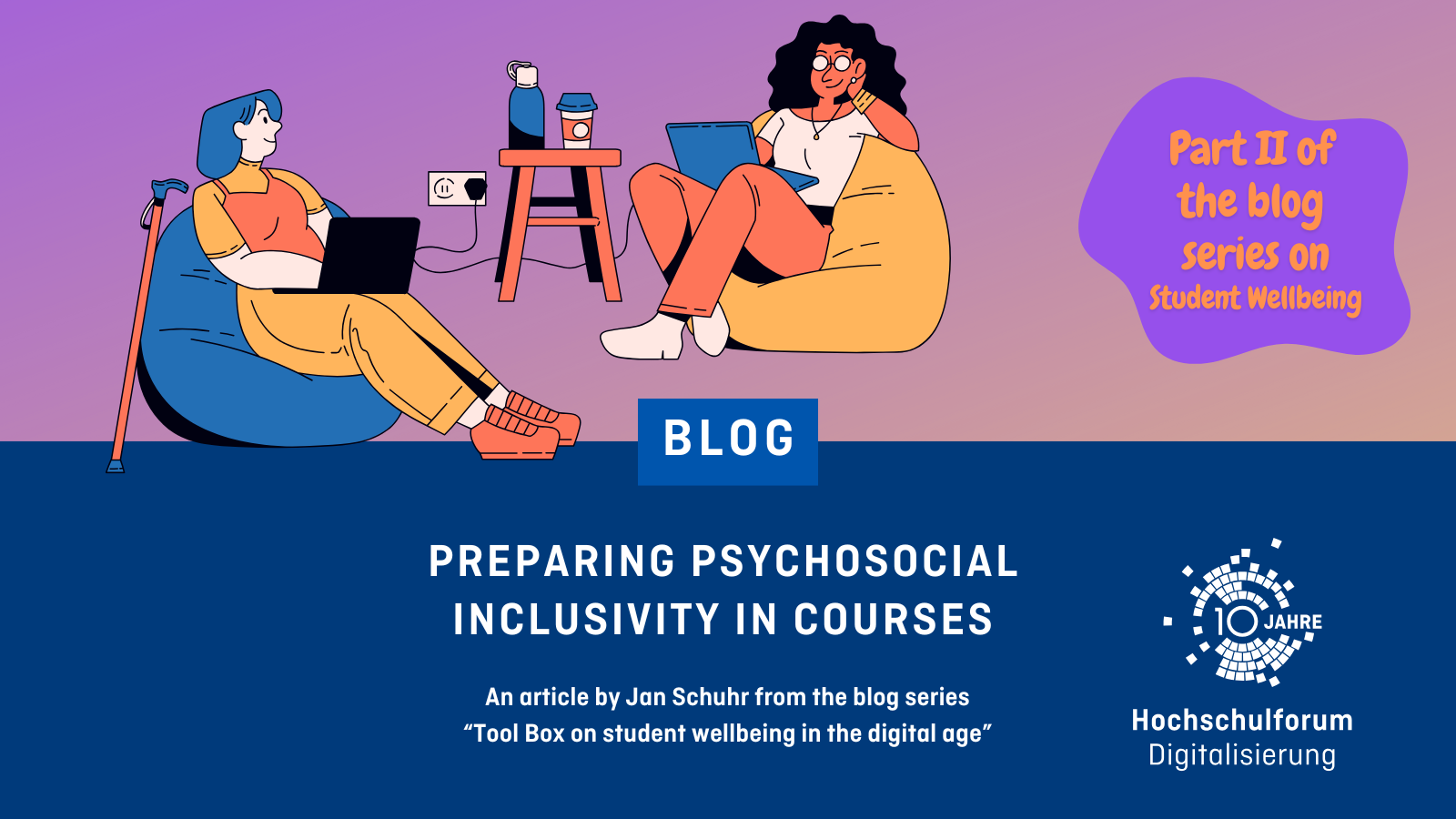
Creating a teaching and learning environment that is conducive to well-being for students and teachers is both a condition and a goal of successful higher education. Promoting psychosocial inclusivity in (digital) university courses can be a suitable way to achieve this. This means addressing psychological and socio-cultural needs and perspectives in an appreciative manner and taking them into account in mutual reference. This approach requires constant sensitivity, empathy and attention. Another hurdle is that individual concerns and characteristics are less visible within the digitally-supported control and organization of essential study processes through campus management systems (e.g. Moodle or Stud.IP) than in personal exchanges. The dialog template in the appendix of the article helps teachers to initiate a low-threshold interaction framework that supports students and teachers in defining common interaction conventions during the course.
As places that are particularly rich in relationships, seminars offer great potential for both enriching and damaging interaction experiences. Individual characteristics and ideas of teachers and students often become visible quickly and to a greater extent and can therefore be supported or blocked more easily. This can be observed in both online and face-to-face events, although the different formats make certain qualities visible or conceal them in different ways (e.g. private living environment vs. switched-off camera in online events, clique formation in face-to-face seminars). At the universities, there are therefore different ways of negotiating and defining the characteristics of successful cooperation in seminars (e.g. course definition as part of the study regulations, guiding principles of teaching design, discussion of the seminar organization for the first session). In different details and specifics of the local university regulations, a needs-oriented study environment for the aim and mode of courses explained. For example, the ” Joint declaration by teachers and students on the importance of active and regular participation for dialog-oriented forms of learning” of the Faculty of Social Sciences at the Georg-August University of Göttingen:
Starting points in the application of this and comparable concepts (e.g. Unconditional Teaching) are the identification of, and information about, the respective needs. Situativ, also nicht über Veranstaltungsevaluationen oder Studierendensurveys, verfahren Dozierende hierbei erfahrungsgemäß durch das Signalisieren ihrer Ansprechbarkeit und informell-angelegten Vorstellungsrunden zu Beginn der ersten Sitzung . Ebenso wie über die oftmals abschließende Aufforderung „Gibt es noch Fragen“ gelingt es anhand dieser Rituale scheinbar nicht oder nur eingeschränkt als Dozierende:r zu erfahren, was (alle) Studierende für die jeweilige Veranstaltung für ihre Participation and involvement in the course of the seminar need.
From a student perspective, there are two reasons for this:
(1) There is a lack of knowledge about which resources and conditions can be addressed and changed in relation to their own needs. For example, one of the main reasons why students did not apply for compensation for disadvantages despite being entitled to it or did not make use of support services despite psychological stress was the lack of knowledge about the corresponding offers identified (Poskowsky et al, 2018Guenthner et al., 2023).
Based on two other main reasons, the fear of stigmatization and the uncertainty about the effectiveness of selling one’s own cause, the second reason for inhibited communication behavior of students towards lecturers becomes clear:
(2) Expressing one’s own needs to an initially unfamiliar person or group is a major challenge that requires self-confidence, extraversion or courage, especially when it comes to sensitive information. This also applies when lecturers aim to initiate a safe framework for a gender-appropriate form of address, e.g. through pronoun rounds, which could result in a outing or othering.
This results in the following objectives for the strategic development of the (digital) information and communication space before and during the seminar:
-
equipping students with knowledge-related skills that enable them to organize their participation according to their individual needs
-
creating communication channels through which students can express specific concerns to those responsible for the seminar without inevitably being associated with them
For the processing of these action goals, it seems sensible to use a mandatory study context such as the online campus management systems (e.g. Stud.IP, Moodle, Opal). Their use is generally a prerequisite for participation in courses, and the use of the systems by lecturers (and from a higher semester onwards also by students) is tried and tested and established. However, the decisive advantages lie in particular in the possibilities, to present and record individual needs and parameters anonymously and independently of time and place. Anonymous access prevents the personalization of concerns, as students can communicate their needs without having to assume that they will be associated or even stigmatized in the further course of the seminar. The preliminary contact also makes it easier to overcome the moment of speaking in front of a (foreign) group or status person about oneself and one’s own concerns, so that the ice does not have to be broken, but can be “gently broken”.
The dialogue template below provides a systematic approach for students to raise concerns and provide information regarding inclusive or non-discriminatory language, content warnings (“triggers”), compensation for disadvantages and psychosocial support or send them anonymously to lecturers. The template is open to modification and its degree of effectiveness is undefined. The selection of topics is derived from the recommendations of current empirical studies on student health and communication standards in educational settings (Okanagan Charter, 2015; Guenthner et al., 2024; Schuhr and Brock, 2024).
Why is this template needed?
In addition to the above-mentioned group-strategic problem and action areas, the current findings on the widespread prevalence of increased stress and strain situations and experiences of discrimination of students are particularly motivating to develop practical strategies that promote health and participation and present them. Although an intersectional view of the precarious situation of students in Germany is currently being perpetuated in debates and university programs through studies, position papers, letters of confession, etc., the Need for specific work equipment for the transfer of these letters into everyday study and teaching. For a probable and meaningful application of the (or a) working tool, its use does not require any specific knowledge (e.g. gender conventions) on the part of lecturers and students and, as a survey format, can be easily integrated into the typical functions and uses of campus management systems. In addition to the explicit application goal of providing a framework for informed and inclusive collaboration in seminars, the template offers a further opportunity for the Further development of a person-centered digital university culture. Diese strebt danach, vermehrt Interaktionsweisen und -orte, in denen Bedarfe und Ideen der Nutzer:innen fokussiert werden, innerhalb der digital-gestützten Hochschulabläufe zu etablieren.
Bibliography
Bundesministerium für Bildung und Forschung (BMBF) (2023) Die Studierendenbefragung in Deutschlad: 22. Sozialerhebung. Die Soziale und Wirtschaftliche Lage der Studierenden in Deutschland 2021
Günthner, L., Baldofski, S., Kohls, E., Schuhr, J., Brock, T., & Rummel-Kluge, C. (2023). Differences in Help-Seeking Behavior among University Students during the COVID-19 Pandemic Depending on Mental Health Status: Results from a Cross-Sectional Survey. Behav. Sci, 13(885).
Poskowsky, J., Heißenberg, S., Zaussinger, S., Brenner, J. (2018) beeinträchtigt studieren – best2 Datenerhebung zur Situation Studierender mit Behinderung und chronischer Krankheit 2016/17. Deutsches Studentenwerk, Berlin.
Schuhr, J., Brock, T. (2024) Gesundheitsstandort Hochschule: Welche Herausforderungen und Chancen bieten digitale Lehrräume für die psychosoziale Gesundheit und Diversität von Studierenden? In: Witt et al. (Hg) Diversität und Digitalität in der Hochschullehre. Transcript Verlag, Bielfeld. 85-102 (Published on 27.08.2024)
Sommer, E., Thiessen, B. (2023). Zwischen Wertschätzung und Diskriminierung: Umgang mit Vielfalt am Campus. In: Mittertrainer, M., Oldemeier, K., Thiessen, B. (Hg.) Diversität und Diskriminierung. Sozialer Wandel und Kohäsionsforschung. Springer VS, Wiesbaden. https://doi.org/10.1007/978-3-658-40316-4_7
Sozialwissenschaftlichen Fakultät (Studiendekanat) der Georg-August-Universität Göttingen (2020) GEMEINSAME ERKLÄRUNG VON LEHRENDEN UND LERNENDEN ZUR BEDEUTUNG DER AKTIVEN UND REGELMÄßIGEN TEILNAHME FÜR DIALOGORIENTIERTE LERNFORMEN.
Tyll, Z., Pietsch, Z (2022). „Ressource anstatt Hürde sein: Wie Lehrende soziale Barrieren abbauen und Teilhabe fördern durch Unconditional Teaching.“ Diskussionspapier Nr. 17. Hochschulforum Digitalisierung.
Author:

Jan Schuhr (he/him), sociologist M.A. at the Center for Research, Continuing Education and Counseling at ehs Dresden. Research associate in the ENHANCE project (Mental Health in the context of digitalization processes at universities) and lecturer (obA) at the University of Applied Sciences for Social Work, Education and Nursing in Dresden. Current research interests include questions of health, organizational and digitalization sociology as well as empirical research strategies in the consideration of social inequalities.
This blog post is part 2 of the blog series “Toolbox on Student Wellbeing in the Digital Age”. This is a cooperation between the ENHANCE project (Mental Health in the context of digitalization processes at universities) at EHS Dresden and the HFD think tank Well-Being in the digital age at universities under the direction of Tina Basner. Feel free to share your ideas with us and the HFD community via the comment function or contact us by e-mail at tina.basner@che.de.



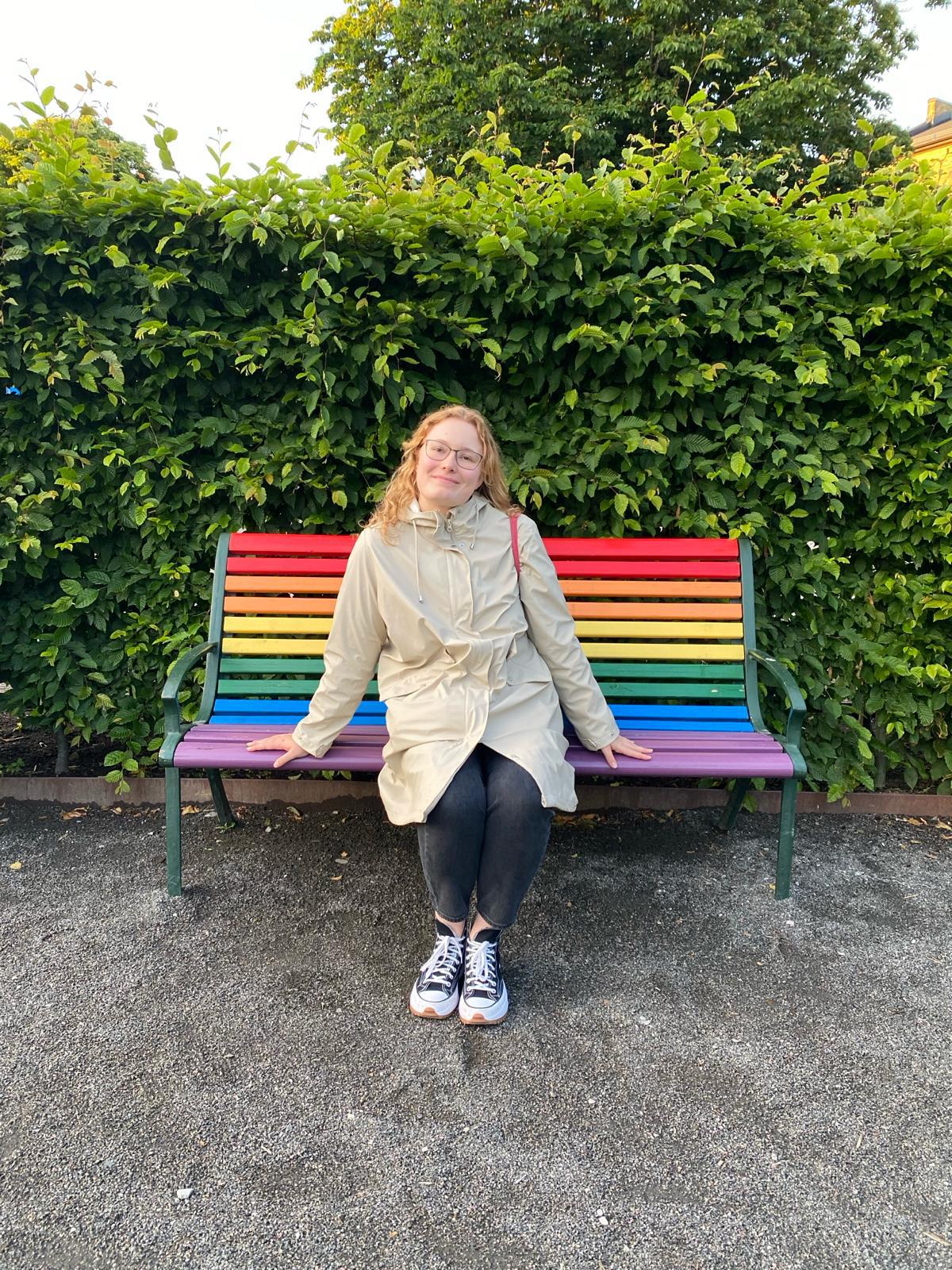 Inga Gostmann
Inga Gostmann 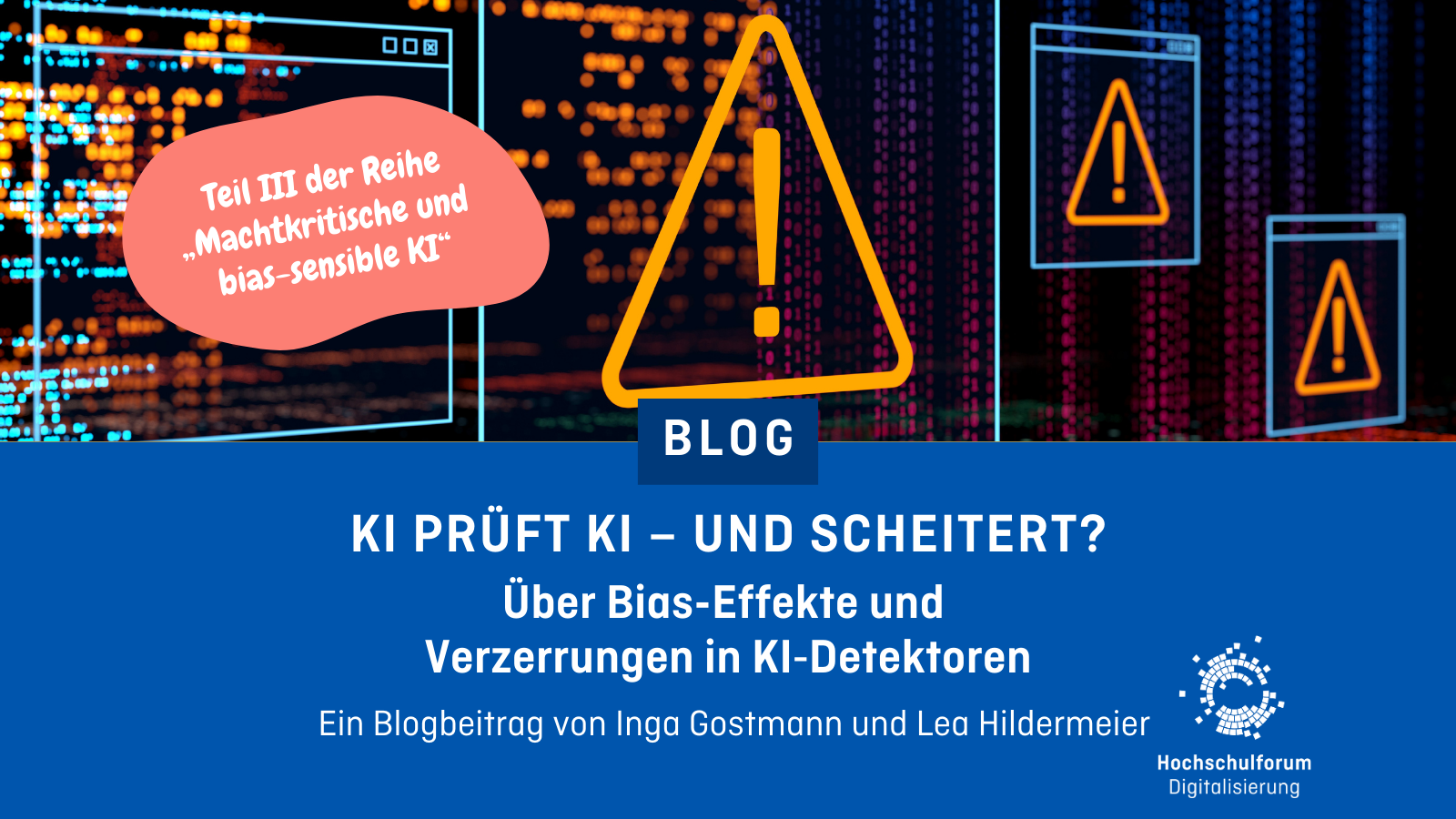
 Dr. Björn Fisseler
Dr. Björn Fisseler 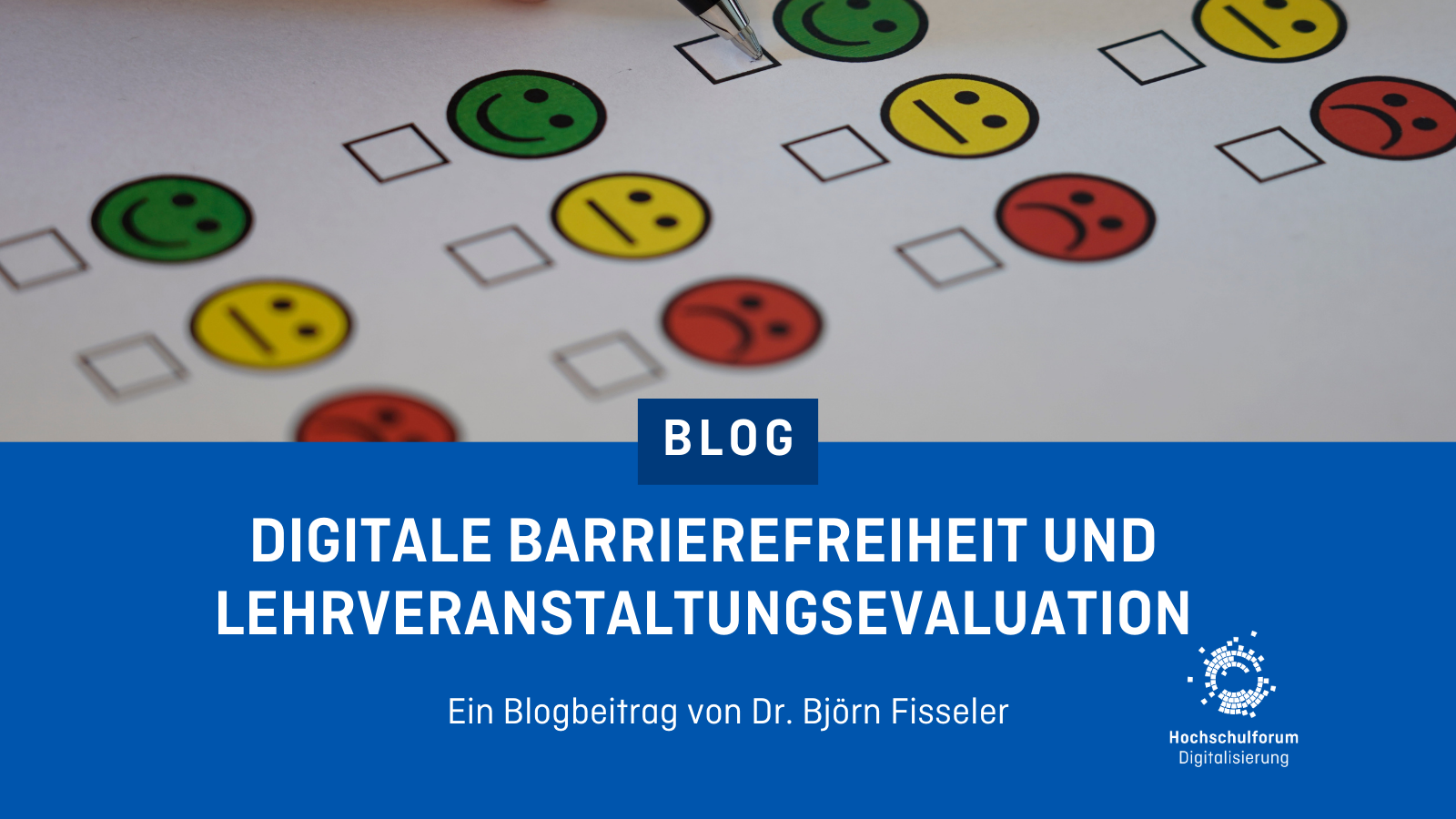
 Vera Lenz-Kesekamp
Vera Lenz-Kesekamp 